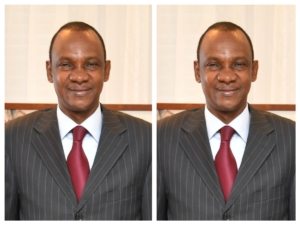At least 13 worshippers were killed early Tuesday when gunmen stormed a mosque in Unguwan Mantau, a community in Katsina State, northern Nigeria, during dawn prayers, according to local officials.
No group has taken responsibility for the assault, but such violence is common across Nigeria’s northwest and north-central regions, where disputes between farmers and herders over land and water have escalated into armed conflict.
The state commissioner, Nasir Mu’azu, confirmed that soldiers and police have been deployed to the area in an effort to avert more bloodshed. He explained that during the rainy season, attackers often use farmland crops as cover before launching surprise assaults on villages.
READ ALSO: Dozens missing after boat capsizes in northwestern Nigeria’s Sokoto State
Mu’azu suggested the strike on the mosque may have been retaliation. Over the weekend, residents of Unguwan Mantau ambushed several gunmen, killing some of them. “The gunmen often hide among the crops in farms during the rainy season to carry out assaults on communities,” he said in an AP report.
Watch a recent episode of The BreakDown podcast below and subscribe to our channel PanaGenius TV for latest episodes.
Violence in the region has intensified in recent years. Last month alone, an attack in north-central Nigeria left 150 people dead, underscoring the growing scale of the conflict. Analysts say more herdsmen are taking up arms, making the situation increasingly deadly.
Dozens of armed groups exploit the weak security presence in these resource-rich regions, targeting villages and ambushing travelers on major roads. Farmers accuse Fulani herders of destroying crops by grazing livestock on their land, while herders argue that the areas are long-established grazing routes protected by law since 1965, shortly after Nigeria’s independence.
Meanwhile, Nigeria continues to face another front in its security crisis: the Boko Haram insurgency in the northeast. That conflict has already claimed around 35,000 civilian lives and displaced more than 2 million people, according to UN figures.










